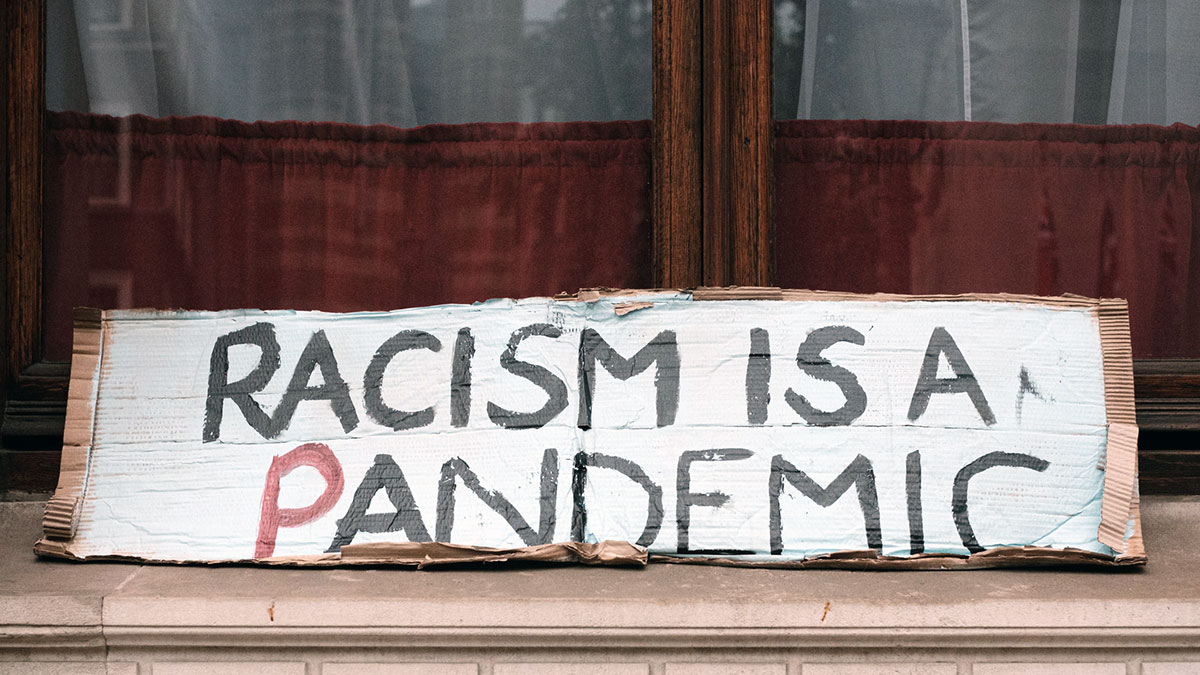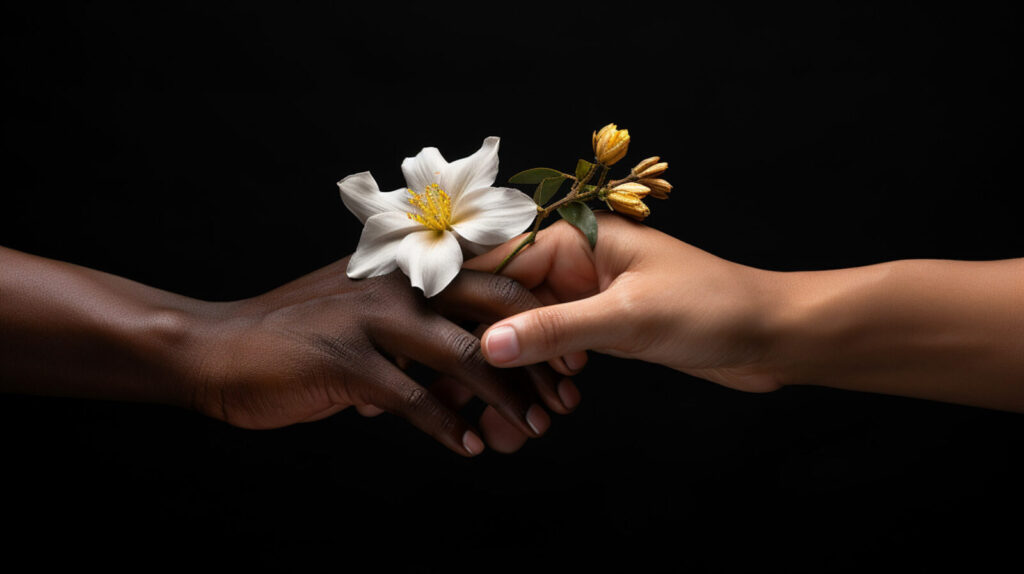“Ah, you’ve got jungle fever.” I’d just told this person my girlfriend was a Pacific Islander. I knew they were joking, that they often had a cheeky, irreverent wit. I don’t remember how I responded but, 13 years later, I do remember the comment.
When I wrote an editorial about cross-cultural marriage, I received a letter telling me that I should keep my marriage because God requires no divorce, but that we should never have children, because—I don’t remember the exact words—“half breeds were an abomination”. The comment had the potential to tear the heart out of a young couple wrestling with infertility. Lucky I’ve been diagnosed by my doctor as having thick skin. I chose not to share it with my wife.
I have thought about how having a brown wife might impact my career in the Church, how people might receive us if we went into pastoral ministry or some other role. I’m hopeful to say I don’t think it would have too much impact. But I wasn’t sure all those years ago.
These examples are mild compared to what some people have lived through. But well-meaning, good-hearted church members are allowed to get away with comments like this in Sabbath schools and potluck conversations, while the rest of us, although we might feel uncomfortable, say nothing.
Jokes that come at the expense of another people group, belief system or gender are not funny. They are hurtful and propagate false stereotypes and narratives. Any feeling of superiority against another group of people is suspect and should be interrogated. This includes our Adventist feelings of superiority against other religious groups. I am not speaking against something that I have not been complicit in. [pullquote]
I am a recovering racist. I repent. I have heard and passed on jokes about Aboriginals and other minorities in my life. I have sat through conversations that perpetuated unkind or untrue stereotypes and not said anything.
These attitudes continue in my reactions to another brown or black death on the news. It’s easy to look for blame, to find support for the narrative that the victim deserved it (no-one deserves to die), to grab statistics that stereotype a whole group of people, as if that life being lost was justified (again, no-one deserves to die). All of these things many of us do without thinking, conditioned to look for blame elsewhere and ignoring the call to love and support people and to change the systems that have created these conditions in the first place. We tell ourselves comfortable lies.
But I am trying to be aware of my own biases, the holes in my education and experiences that leave me blind to the cries of the marginalised.
In the culture and systems I grew up in, comfortable prejudice often went unquestioned. “Good”, conservative, middle-class values were suspicious of the “other” and threatened by change. Anything outside that experience was suspect.
In recent weeks I’ve been privileged and humbled to have had conversations with an African-American, two Aboriginal and Torres Strait Islander leaders and a Papua New Guinean about racial inequality and the Church. To listen to their points of view and hear their heart for healing and for their people has been helpful, informative and so important.
Being married to a Pacific Islander, I have been forced to unlearn some of my prejudiced attitudes. Yet they are still there, lurking in the dark caverns of my subconscious.
But most importantly, it is God who calls me to change my heart. The same God who made all humankind in His image. The book of Jonah carries a strong message against the elitism and racism of Israel. Paul in the New Testament declares that all are equal in Christ (Colossians 3:11). This is not saying “All Lives Matter”. Paul is saying that no-one is superior to any other. We don’t need to diminish or dismiss distinctions of race or class, but they are not the judgement value system of the kingdom.
So, please join me. Listen, learn and educate yourself about the experience and history of others. Let God remake your heart. There is no room for prejudice in the Christian faith.






